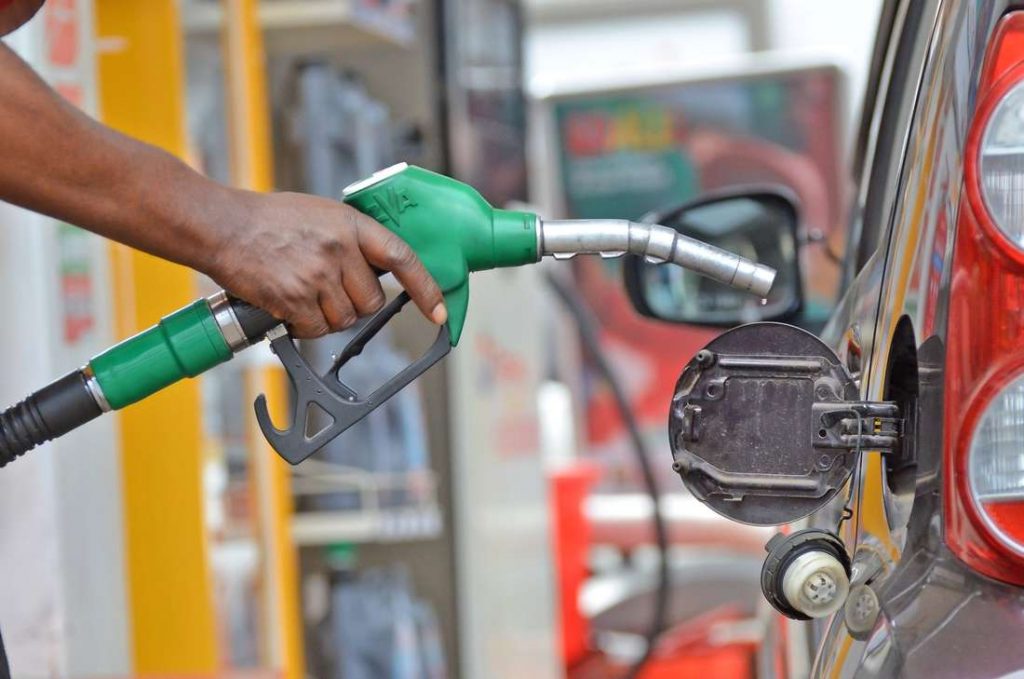Malawi is among 10 African countries whose petrol prices are the highest in Africa as of March 2022, according to the Global Petrol Prices.
Quoting figures from the www.globalpetrolprices, an article published by the africa.businessinsider.com observed that the soaring prices have been worsened by a number of factors, including the increasing scarcity of the commodity.

This is despite Malawi having a great prospect of discovering crude oil reserves in Lake Malawi.
Reads the article in part: “Moving on, the rising cost of petrol in Sub Saharan Africa has also been attributed to the ongoing Russian invasion of Ukraine. And there is palpable fear that as the conflict continues to escalate, it could have even more negative impact on energy costs in Africa.
“Already, global oil prices have surpassed the $100 per barrel mark which was last recorded in 2014. The commodity is currently trading at $102.6 per barrel, according to benchmark price Brent Crude.”
In the past four months, Malawi Energy Regulatory Authority (Mera) has maintained petrol and diesel pump prices at K1 150 per litre and K1 120 per litre although a recent assessment of the effect of the movement of free-on-board prices, the kwacha exchange rate against major trading currencies and changes in local factors point to elevated prices.
The other nine countries with the highest petrol prices per litre include Zimbabwe ($2.153), which has prospects of crude oil dicovered in 2018, Seychelles ($1.541), South Africa ($1.413) with a major discovery of gas condensates in one of its exploration fields.
Other countries are Uganda ($1.389), despite the country producing oil with crude oil reserves, as of 2021 at 2.5 billion barrels, Mauritius ($1.381) with prospects of oil, Burundi ($1.34) with no local sources of crude oil or natural gas, Senegal ($1.299) with crude oil deposits and an expected full-scale exploration in 2023, Lesotho ($1.231) with no oil deposits and Rwanda ($1.23) with no crude oil.
In its update on the landed costs of fuel, Mera indicated that key factors that affect landed costs of petroleum products including free-on-board (FOB) prices of refined petroleum products on the international market and the exchange rate of the kwacha against the dollar.
Mera figures show that since the establishment of the ruling maximum pump prices in October 2021, the landed costs of petrol, diesel and paraffin have increased by 16.16 percent, 24.67 percent and 24.71 percent, respectively.
Meanwhile, the decision to adjust pump prices awaits the reconstitution of Mera board of directors.
Meanwhile, Consumers Association of Malawi (Cama) executive director John Kapito, while observing the increases of fuel prices have accumulated to figures that will have a negative impact on consumers, said there is need to remove some levies from the fuel price build-up to maintain and stabilise prices.
Last month, Mera consumer affairs and public relations manager Fitina Khonje said the regulator cannot forecast the direction of local fuel pump prices in the coming months as the global oil market is unpredictable with price fluctuations. Currently, there are six levies in the price build-up, namely rural electrification levy, road levy, energy regulation levy, distribution fund, carbon tax and Price Stabilisation Fund (PSF). Besides the cited levies, the price build-up also includes excise duty and other obligations, including freight and storage costs.
Source: The Nation_Monday, March 21, 2022_by Grace Phiri
